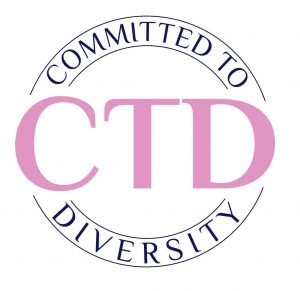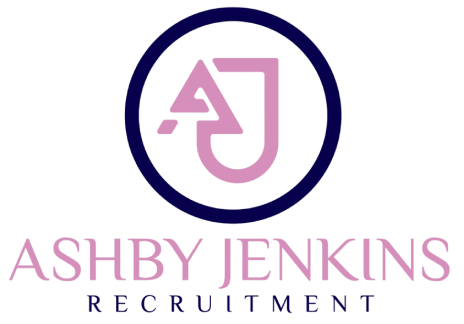Our commitment to diversity
One of the first things you learn in recruitment is that whilst you must match candidates to job briefs, you also have to match candidates to organisational culture. Which is great if you have a diverse culture but if your culture is made up of one type of person, then “team fit” is just terminology that covers unconscious bias. Another term recruiters use is “wild card”, which basically means we think the person is capable but their experience might be not be specifically what you asked for.
I used to feel great when my clients said to me “you always get the right fit for my team”; now, in light of Black Lives Matter and the tensions globally recently I don’t feel quite the same. I always submit people who I believe can do the job, I match accurately so most people I submit get interviews, but can I say that the best person for the job gets the job? Or do the safest options get picked? And by safest, I mean the person most similar to the people on the interview panel or who are deemed appropriate by society’s standards.
The problem doesn’t exist only with regards to skin colour within our sector; it’s also age, education, sector background and other characteristics. We are not great at identifying and hiring based on potential. I have spent too long frustrated that graduates are prized above non-grads even though a degree is not essential to fundraising. I’m sick of delivering ‘no’s to candidates older than 38 who want to be a fundraiser and I’m hurt when two candidates with the same capability (acknowledged by the client), go for the same job and they appoint on “team fit” hiring the white person and not the black person.
I have these conversations one on one with people in the sector and with my team regularly but other than our soft piece about Ramadan last year I’ve never written about it or spoken about it at scale, for fear that it will hurt my business. My interactions with three people recently have affected me to a point that I don’t feel I can continue to take that route.
I recently spoke to one of my candidates who expressed to me a feeling of isolation being the only fundraiser who was a person of colour in their organisation. His team were perfectly nice but when looking at the ethnicities of the organisation’s beneficiaries or even the community local to the office, it was apparent the fundraising team was far from mirroring this. This is his first role in the sector and it was shocking to him to see such a lack of diversity.
A second candidate was actively interviewing for a charity that had not shown understanding and commitment to the LGBTQ+ community following a controversy with a high-profile supporter. She was at second stage, one of the final two candidates and, despite this and the fact that she needed a job, she decided to call the charity, speak to them about how she felt about their response to the scandal and withdraw from the process. She did this because she felt it was her responsibility to be an advocate for other marginalised people.
The outrage we’ve seen recently also sparked a reminder of a client we had worked with previously, a charity supporting young people from underprivileged backgrounds who struggle to access higher education. They specifically asked for a degree as part of the person spec. I removed it and told them it was restrictive and not in-line with their values of diversity. I was told: “Fine, but we want someone of that calibre”.
It’s easy to feel powerless to make a difference, however, there are some things I and my team can do. Moving forward I am changing our ways of working at Ashby Jenkins Recruitment to do everything we can do reduce discrimination and increase diversity.

Here is our charter of commitments:
- We will only be submitting anonymised CVs in the future, showcasing candidate experience but removing anything highlighting protected characteristics
- We will challenge unnecessary requirements on your JDs that will prevent sections of society from applying for roles
- We will ask you what your organisation and the role needs, and submit people who we know are capable of doing the job based on their skills and experience
- We will be hosting a webinar on how to make your workplace more inclusive so that you retain your workers from a minority background and we commit to annual events on inclusion in the sector to ensure best practice is shared
This is our pledge and I ask our charity clients, candidates and fellow recruitment agencies to join us. To help improve equal opportunities across the sector. Now is the time for action and commitment, words are not enough.
On the 16th July we will be hosting our webinar on the topic of “Building an inclusive culture and workforce”, I hope you will join us for this event, more details here.
I also want to thank the people who have inspired me to make this change – you know who you are.

